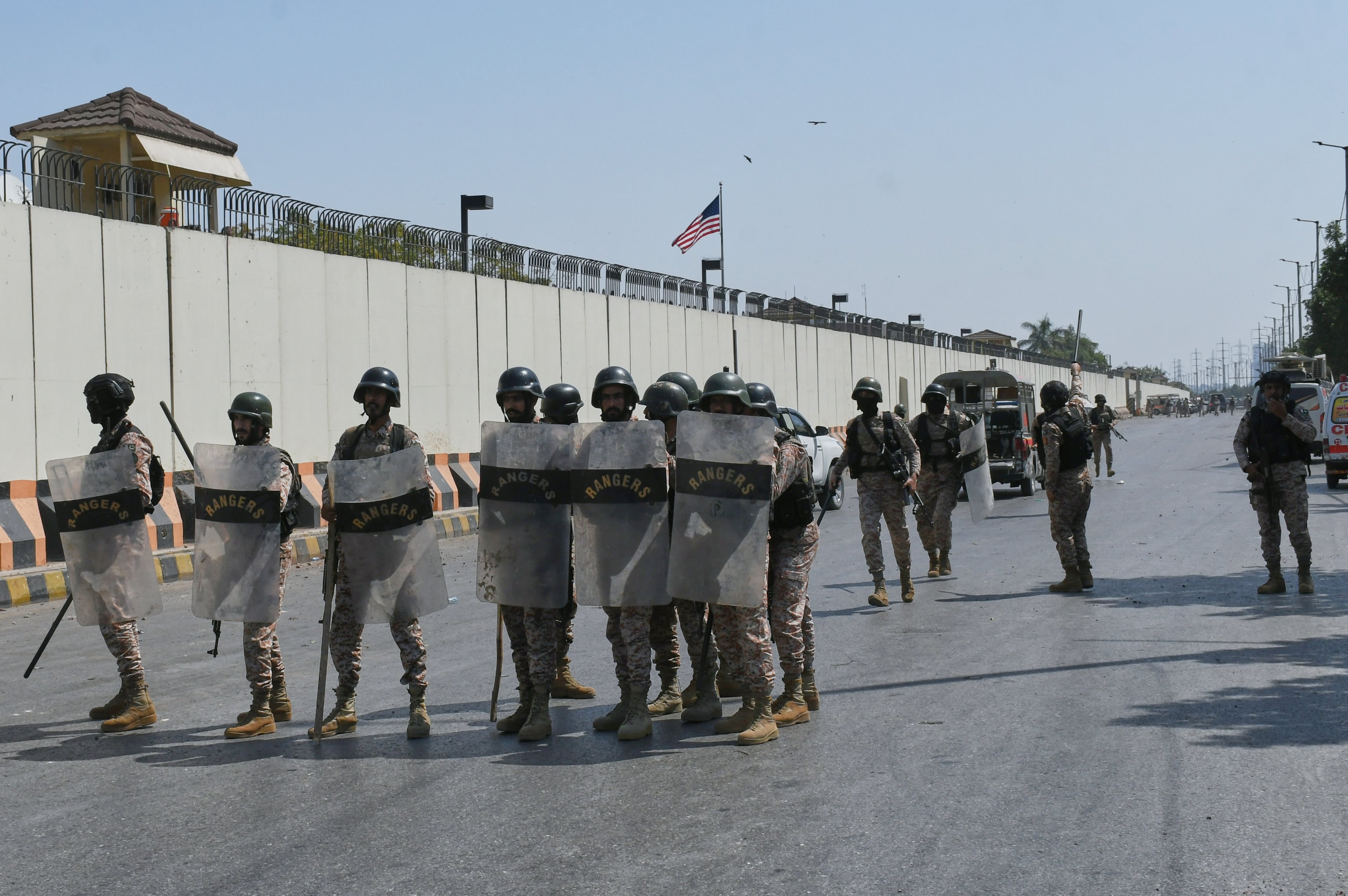PolitiFact: Perdue right, fraud is a problem in visa lottery

We wanted to know the accuracy of Sen. David Perdue’s claim of fraud in the diversity visa program, and we found government reports and officials have identified fraud as a problem. The State Department said it did not have data to determine how widespread the problem is, and experts told us they were unaware of quantitative estimates.
The diversity visa program, administered by the State Department, grants up to 50,000 visas annually to people from countries that in the previous five years had low rates of immigration to the United States. A lottery system begun in 1995 offers a chance to apply for a visa.
Fraud has been a concern for years among lawmakers and government officials. Government agencies have even posted warnings about scammers' attempt to deceive applicants. But the State Department told us it did not have data on how widespread fraud is in the program, or what percentage of applications or lottery entries per year are suspect.
There are “extensive programs to vigorously prevent and combat U.S. passport and visa fraud” and the department investigates all fraud allegations, said Noel Clay, State Department spokesman.
A 2007 U.S. Government and Accountability report said the program was "vulnerable to fraud committed by and against (diversity visa) applicants" and that the State Department had not compiled comprehensive data on detected and suspected fraudulent activity.
Consular officers reported that in countries such as Bangladesh, Ethiopia, Ghana, Nepal, Nigeria, and Ukraine, applicants lacked access to computers or were not internet savvy, therefore sought help from “visa agents” or “visa consultants.” Some providers took advantage of applicants by disseminating misleading information, intercepting official correspondence, and charging exorbitant fees for each step in the process, the 2007 report said.
In Bangladesh, some agents used their own address on entry forms so that program notification letters would go to them instead of the person in the entry, and in some cases “held these letters for up to $20,000 in ransom,” the report said.
A September 2013 report from the State Department's Office of Inspector General said there was a "pervasive and sophisticated fraud scheme" affecting the program in Ukraine.
Organized fraud rings masquerading as travel agencies buy, steal or obtain information on Ukrainian citizens and enter their data into the program’s online entry form, then contact the lottery winners and demand $15,000 for a State Department confirmation number needed for the visa application. If the person can’t pay, fraud rings seek a sham marriage with someone else who wants to come to the United States and is willing to pay for the pairing, the report said.
“There is no question that fraud is rampant in the diversity visa lottery program,” said Jessica M. Vaughan, director of policy studies at Center for Immigration Studies, which favors low-immigration levels.
Charles D. Piot, an anthropologist and professor at Duke University, has done research on Togolese who came to the United States via the visa lottery. He says there was a lot of gaming of the system when it was started, but technology added to the process now makes it unlikely for an applicant to be substituted by another person.
Our ruling
The State Department did not provide data on how widespread fraud is in the program, but fraud has been documented for many years.
We rate Perdue's claim Mostly True.
The diversity visa lottery is “plagued by fraud.”
— Georgia Sen. David Perdue on Wednesday, Nov. 1st, 2017 in a tweet
More Stories
The Latest

